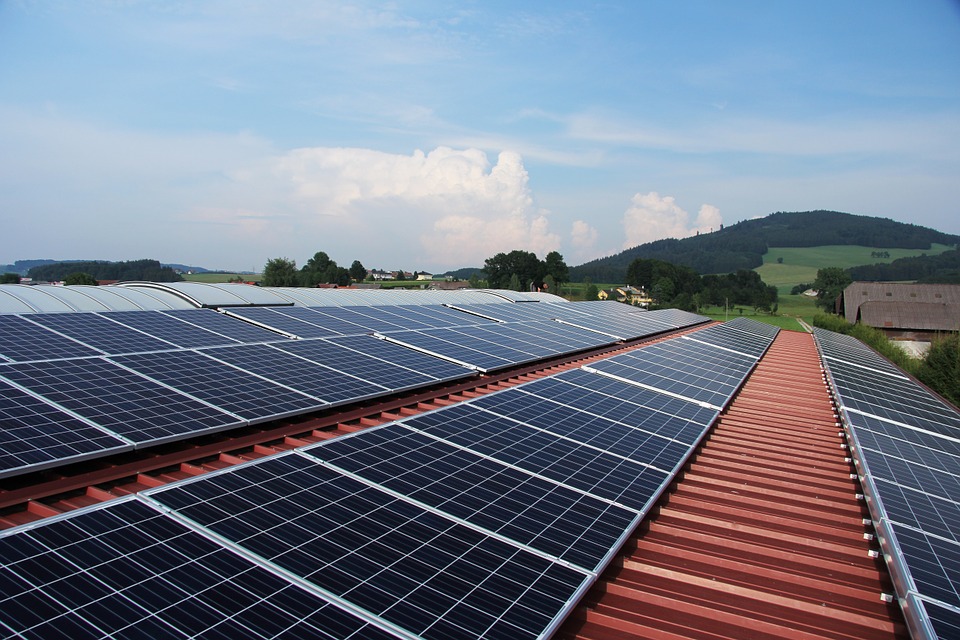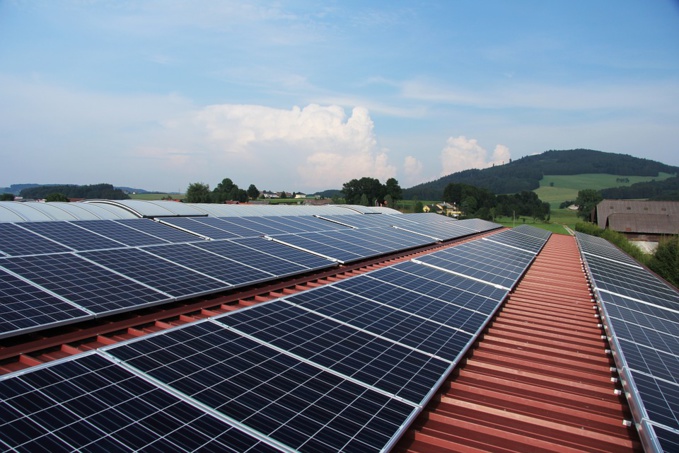Europe, which lost the war in the solar batteries manufacturing market to Chinese competitors and survived a series of bankruptcies in this sector, does not intend to surrender and expects to double its share in the electric battery market by 2021. One of the first steps on the way to this plan’s implementation will be a factory for production of batteries in Germany, which is to be solemnly opened by Chancellor Angela Merkel. The plant in Kamenz, not far from Dresden, will supply batteries for ten models of Mercedes electric cars, to be produced in the next nine years.
The automotive industry is seen as an engine on the way to increasing production of electric batteries in Europe. Huge plants in Germany, Sweden, Hungary and Poland should meet demand from Daimler, BMW, Volkswagen and Renault, which in the coming years intend to focus their efforts on the production of electric vehicles and outrun this segment’s current leader, American company Tesla. This, in turn, will help reduce cost of production of lithium-ion batteries by 43% and make electric cars a daily reality: "As the cost of battery production will be decreasing and the specific energy intensity will grow, electric vehicles will become cheaper than cars that run on fuel", said an analyst of London Bloomberg LP.
Moreover, Daimler decided to compete with Tesla not only on the automotive market, but also on the production of solar panels for home owners. Owned by Daimler Mercedes-Benz Energy has entered into a partnership agreement with the US manufacturer Vivint Solar. The parties will combine the batteries produced by Daimler’s division with roof solar panels from Vivint. As a result, consumers will be offered a ready-to-use system of receiving and storing solar energy, which in the future should stimulate transition of citizens from classic cars to electric cars.
source: bloomberg.com
The automotive industry is seen as an engine on the way to increasing production of electric batteries in Europe. Huge plants in Germany, Sweden, Hungary and Poland should meet demand from Daimler, BMW, Volkswagen and Renault, which in the coming years intend to focus their efforts on the production of electric vehicles and outrun this segment’s current leader, American company Tesla. This, in turn, will help reduce cost of production of lithium-ion batteries by 43% and make electric cars a daily reality: "As the cost of battery production will be decreasing and the specific energy intensity will grow, electric vehicles will become cheaper than cars that run on fuel", said an analyst of London Bloomberg LP.
Moreover, Daimler decided to compete with Tesla not only on the automotive market, but also on the production of solar panels for home owners. Owned by Daimler Mercedes-Benz Energy has entered into a partnership agreement with the US manufacturer Vivint Solar. The parties will combine the batteries produced by Daimler’s division with roof solar panels from Vivint. As a result, consumers will be offered a ready-to-use system of receiving and storing solar energy, which in the future should stimulate transition of citizens from classic cars to electric cars.
source: bloomberg.com



















